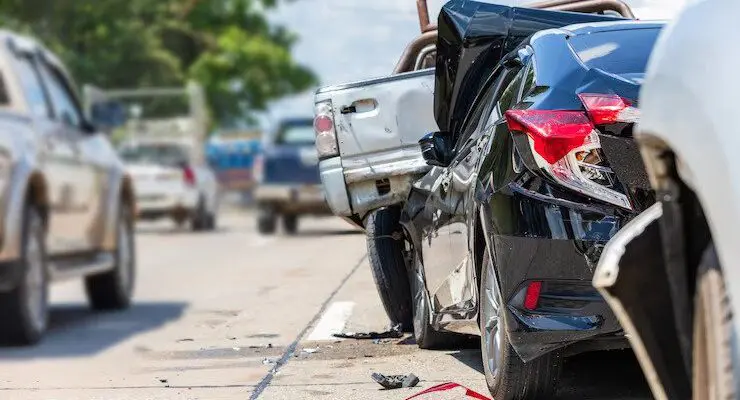
Life can throw us a curveball when we least expect it. When you’re involved in a car accident, it can be a difficult and confusing experience.
It’s important to remember that you have rights as a victim and that there are steps you can take to protect yourself. This guide provides a comprehensive overview of the aftermath of a car accident.
We’ll discuss your rights, strategies for collecting evidence, navigating communication with insurance companies, considering legal representation, and more. If you know what happens after a car accident, you can protect your rights and move forward.
Understanding Your Rights as a Victim
Being involved in a car accident can be a traumatic experience, and it can be difficult to know what to do next. One of the most important steps is understanding your legal rights as a victim of an accident. Remember that you have the right to safety and compensation for physical and emotional losses after an accident.
Your rights include the right to seek compensation for the damages resulting from the accident, including medical expenses, lost wages, disability, and more. You can hire a lawyer to defend your rights and support you in any legal process associated with the accident.
Collecting Evidence for Your Case
When dealing with the aftermath of a car accident, collecting evidence is an important step in protecting your rights as a victim. Evidence can include photographs and videos of the accident scene, witness testimony, and any medical records or bills related to the incident.
Make sure to take pictures of all damaged vehicles and property, as well as pictures of any visible injuries. Witnesses can also provide key testimony that can help you prove your case. It is important to document as much information as possible, such as names, phone numbers, emails, and any other details that may be relevant.
It’s important to document any communication you have with the other driver, insurance companies, or other involved parties in addition to collecting evidence. Keep copies of any emails, text messages, or other written communication. If you are speaking over the phone, make sure to keep a record of the call, including the date, time, and duration.
Seeking Medical Treatment and Documenting Injuries
After a car accident, victims should seek medical attention as soon as possible. It’s crucial to see a doctor after an accident, even if you don’t feel injured, as internal damages may not appear immediately. It’s also important to document any injuries, as this can be critical evidence in your case. Keep all medical receipts and doctor’s notes related to your injury. These will be important to show the extent of your injuries and the treatments you received. Taking photos of any visible injuries or damage to the vehicle can also be valuable evidence for your case.
Communicating with Insurance Companies
When you’ve been involved in a car accident, one of the first things you should do is contact your insurance company. Before speaking to them, it’s important to collect evidence and document your injuries so that you can accurately report the facts of the accident. Be prepared for the insurance company to ask questions about the incident, and make sure to take plenty of notes if you have to.
When talking to your insurance company, be sure to clearly explain what happened and keep track of all your conversations with them. Write down notes on what you discuss. It can also be beneficial to read through your insurance policy to get a better understanding of your specific coverage and rights. If you feel that the insurance company is not providing a reasonable settlement, it’s a good idea to contact a lawyer to discuss what you can do.
When to Consider Calling a Legal Professional
In some cases, a car accident can be a minor, isolated incident. However, in other cases, it can be a complicated and costly ordeal that requires the assistance of an experienced legal professional. If you are involved in a serious accident with extensive medical bills, lost wages, or property damage, it’s important to consider getting a lawyer involved. A good lawyer not only guides you through legal procedures but also gives you the right advice manages communication with insurance companies and defends your rights in court.
Additionally, if you have been involved in an auto accident expert witness hit-and-run or DUI accident, you will need the assistance of a legal expert. In these cases, it is important to seek legal counsel to ensure that you are adequately compensated and that any criminal charges are adequately addressed. By having a legal professional on your side, you can rest assured that your rights are protected and that all legal details are handled properly.
Conclusion
No one ever plans to get into a car accident, but when life throws you a curveball, it’s important to be equipped to handle the aftermath as well as possible. If you’re a victim, it’s important to know your rights, collect evidence, document your injuries, understand how to communicate with insurance companies, and consider hiring a lawyer if needed.
Even if the accident was minor, it’s important to take the necessary steps to protect your rights. After an accident, it can be stressful, but it’s crucial to remember that you can take control of the situation and ensure that you receive the best care.
Read Also:


